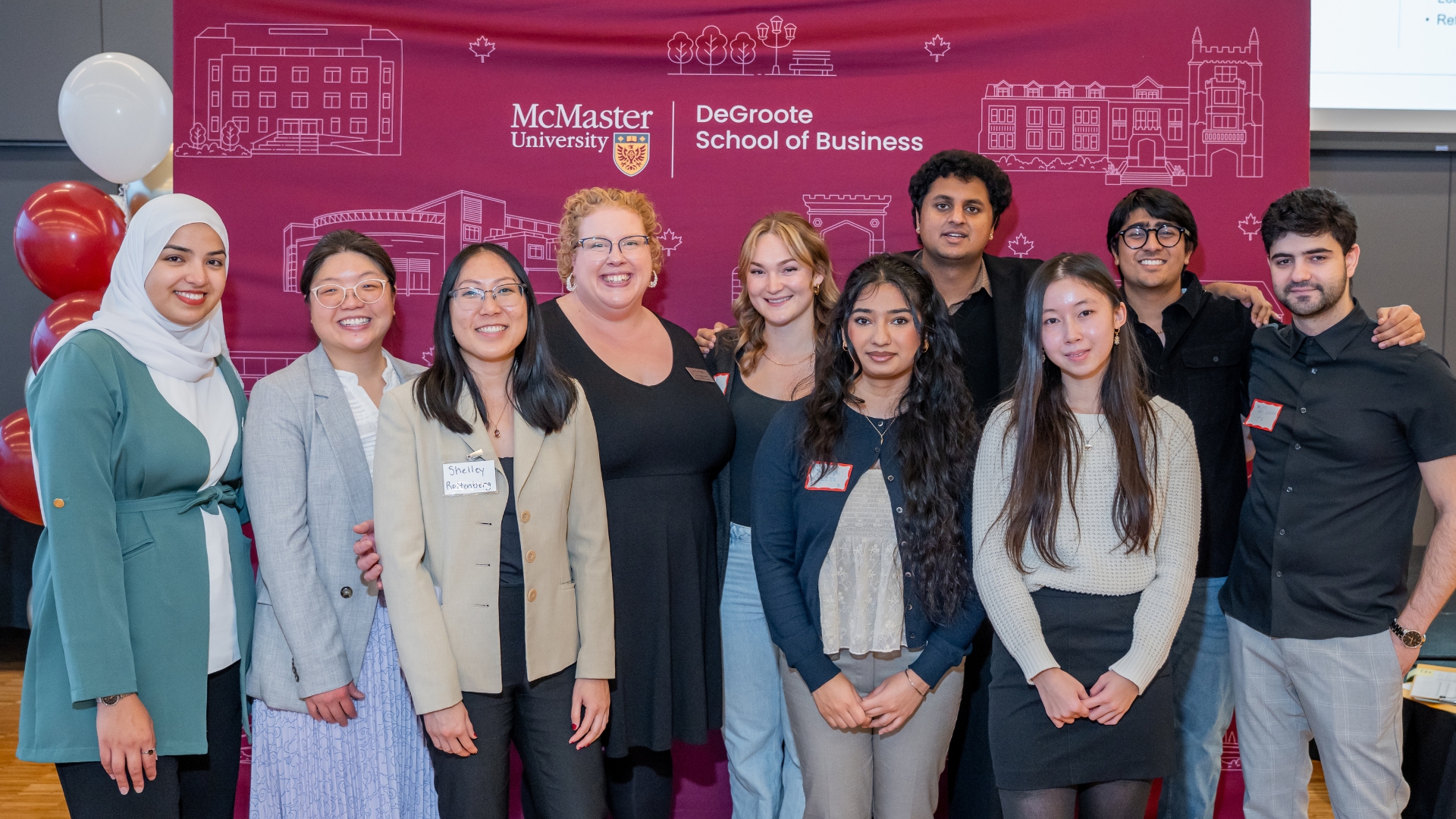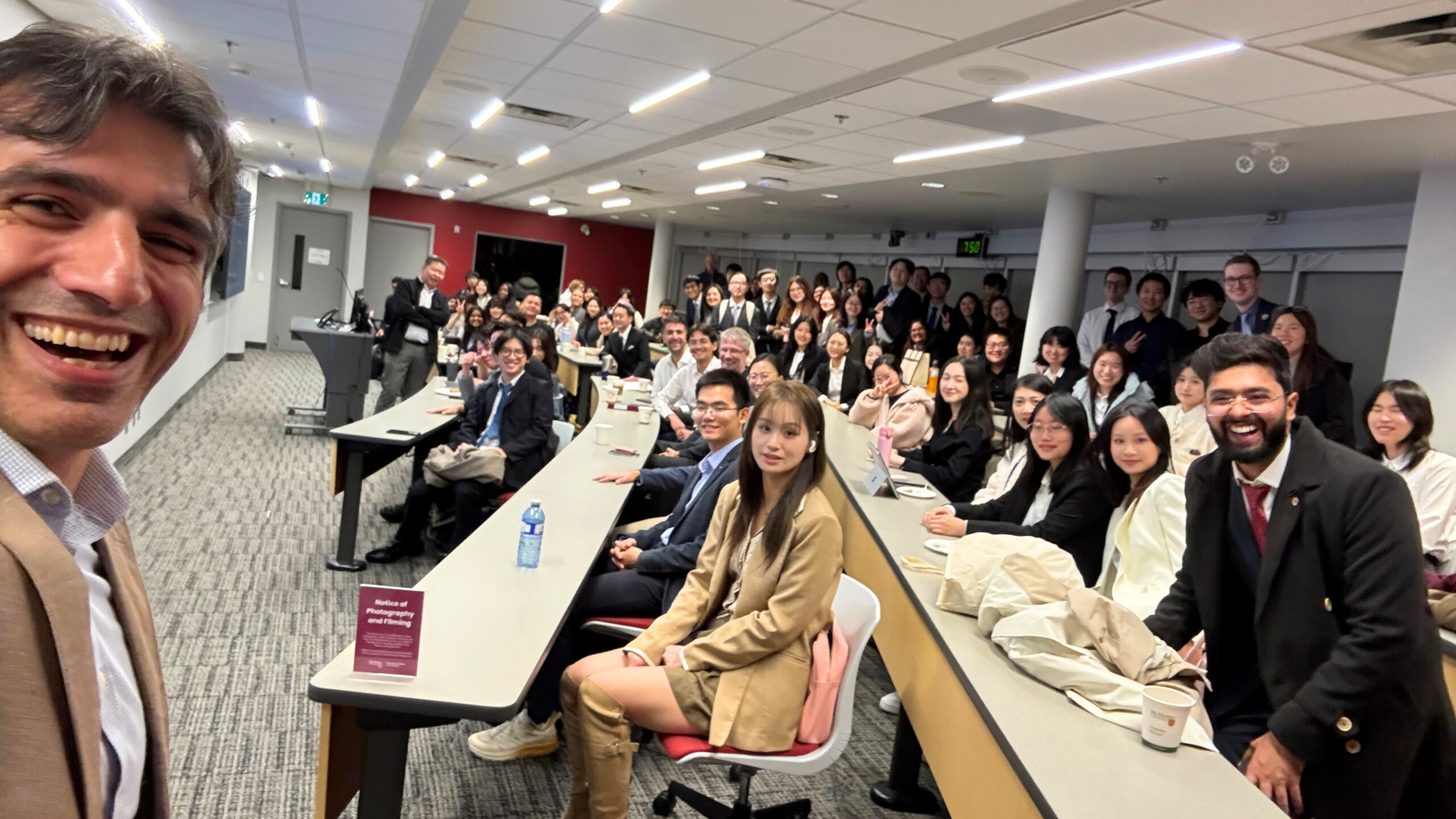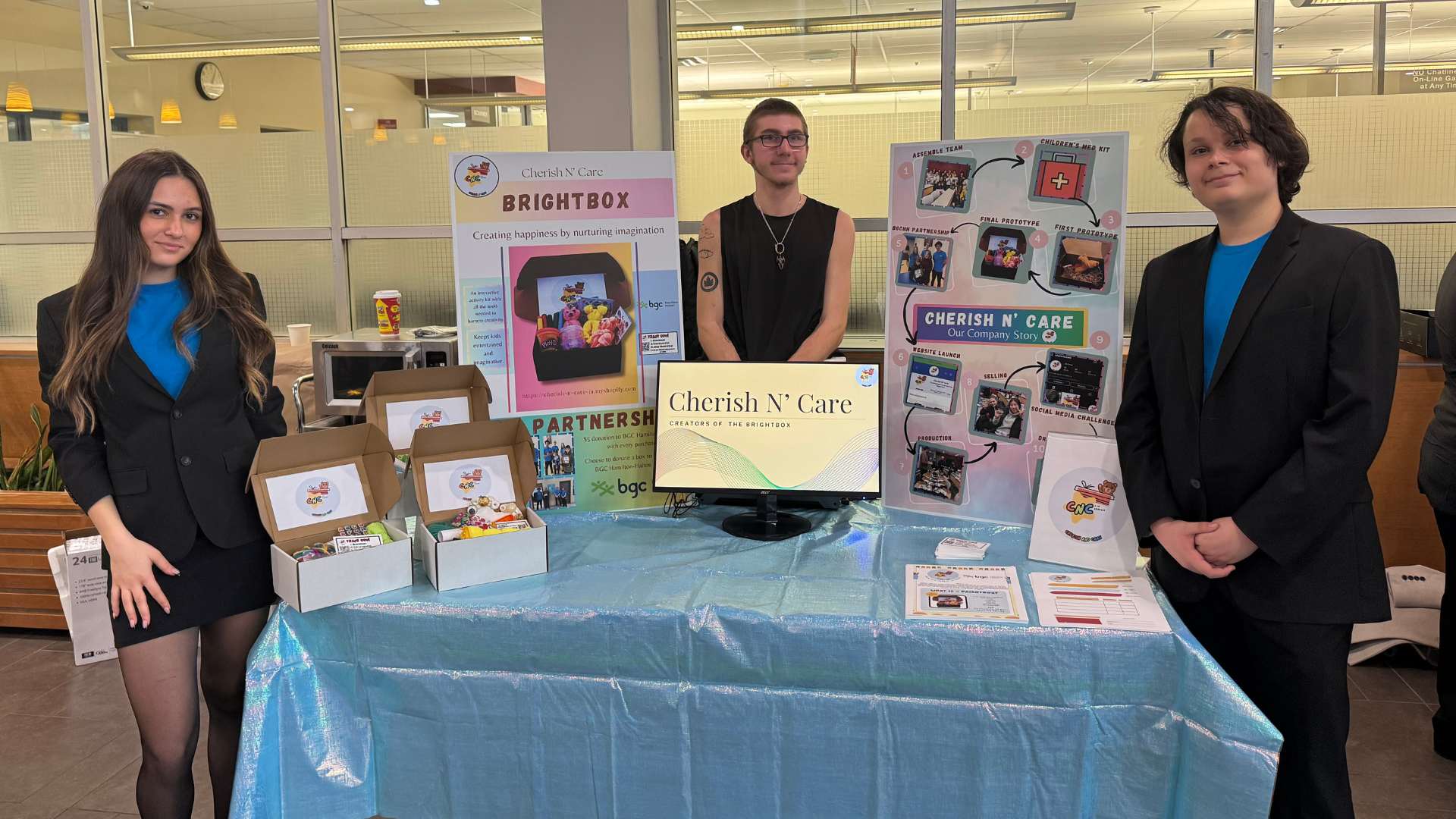HUMAN RESOURCES AND MANAGEMENT RESEARCH
How entrepreneurship is changing the sex industry
August 27, 2021 ·
Contributed by: Dr. Trish Ruebottom, Associate Professor, Human Resources & Management

Could entrepreneurship be used as a social innovation tool?
The short answer is yes. But, of course, entrepreneurship is a challenging and imperfect mechanism for social innovation. Still, in my research on entrepreneurship and social change, I have seen the positive impacts.
I recently completed a seven-year study of the sex industry where I saw firsthand the impact of entrepreneurship as a form of social innovation for women and transgender sex workers. I first started researching the sex industry back in 2013 with my colleague, Madeline Toubiana. This was when the laws in Canada were changing, and there were social movements on both sides trying to influence the new laws. After many interviews with activists, we discovered a pattern that contradicted our naïve understanding of the sex industry. We determined that all of the women and transgender sex workers we talked to were running their own businesses and creating innovative new business models. They were doing things differently, changing practices, challenging norms, and creating social change.
Entrepreneurial emancipation in the sex industry
The social innovations created by these sex workers created new spaces where they had control over their work in an industry that typically gave them little power.
For example, escort collectives were created by sex workers to solve a fundamental problem in the industry facing new escorts. Unfortunately, two options available for new escorts are problematic.
The first option is to work for a traditional escort agency. In this option, the escort is an employee of the agency. The agency provides all of the business support the escort needs to provide the service. But the agency schedules escorts with back-to-back appointments and takes away their choice in clients. We heard over and over again this was not an ideal option for escorts. It provided support but no autonomy or control.
The second option is to work independently. Being an independent escort means being responsible for all marketing, client screening, location rentals, and other required activities. This can give the escort control, but many people we talked to explained that, at best, it was overwhelming. At worst, it could lead to dangerous situations in an industry that operates underground. It provides autonomy but not much support.
Independent escort collective
Another option is to join an escort collective. In an escort collective, the escort is the customer. The collective provides business services to support the escorts’ independent business. For example, the escort might purchase marketing or location rentals, whatever they need to run their independent business. Escort collectives allow escorts to have support and autonomy. To have control over their work. As one founder told us: to “own their own sexuality.”
This third option is a supportive space for new escorts to make decisions and build independent businesses. And in taking up this space in the industry, escort collectives are also pressuring traditional agencies to change their practices.
Entrepreneurs work in socially accepted and valued domains and in highly contested, stigmatized industries. Yet, despite the extreme constraints of working in stigmatized environments, entrepreneurs manage to thrive. Entrepreneurs in these industries appear to overcome stigma by applying social innovation to create new solutions and processes to solve challenges.
About Dr. Trish Ruebottom
Dr. Trish Ruebottom is an associate professor of Human Resources & Management at the DeGroote School of Business, McMaster University. She specializes in organizations and social change, exploring how social entrepreneurship builds legitimacy for social change and how stigmatized entrepreneurs carve out safe space for themselves and others. Her work has been published in journals such as the Academy of Management Journal, Academy of Management Review, Journal of Management Studies, Organization Studies, Human Relations, and Journal of Business Venturing.
















